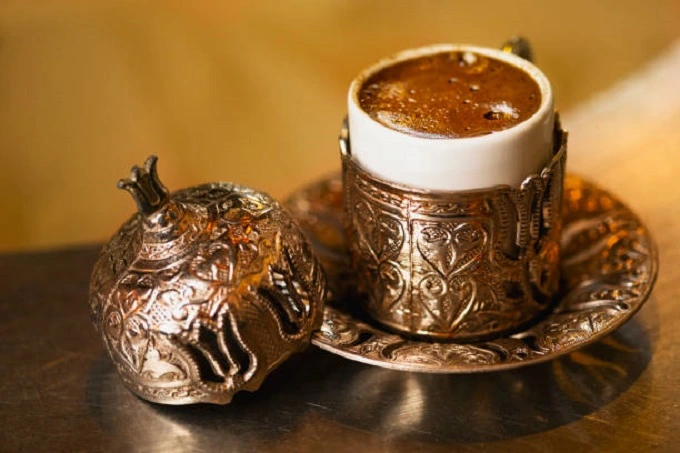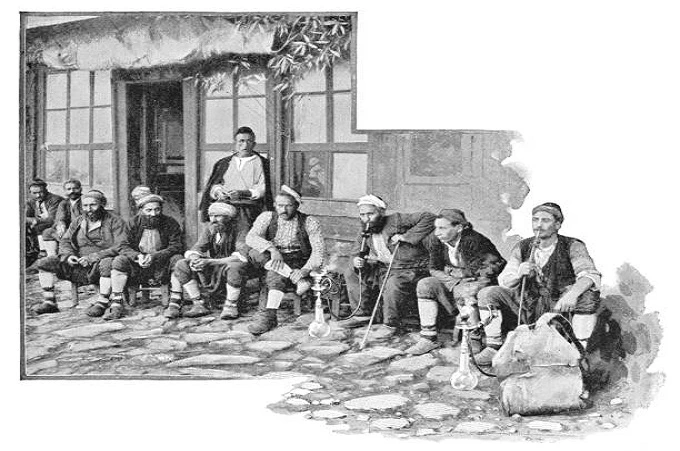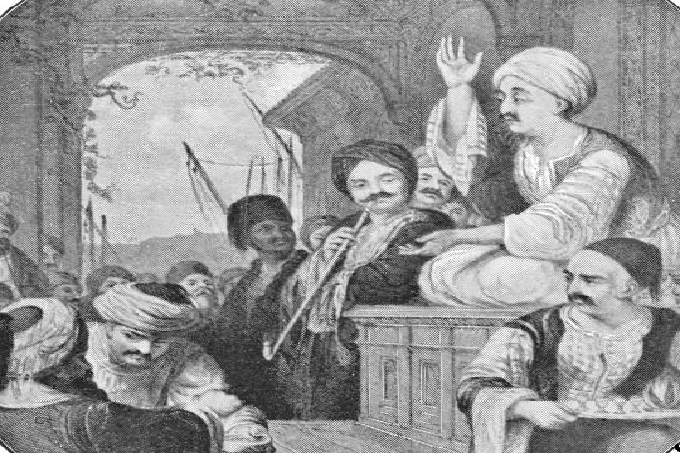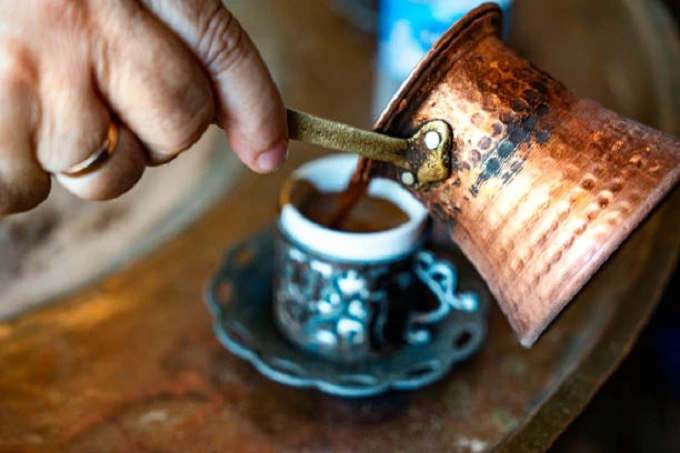Reason Ottoman rulers ban coffeehouses

Back in the 16th century, many people believed that drinking too much coffee was harmful and may even be dangerous. Today, we know that this is not the case. But it was the Ottoman rulers, not the doctors, who were seriously concerned about the harmful effect of the bitter drink on the empire’s subjects. The people of the empire started talking too much about politics, arguing in search of the truth, and even forming secret societies that were harmful to the state due to consuming the drink.
Clearly, something needed to be done about this situation, yet the fight against coffee addiction proved to be an unpleasant experience. No matter how hard they fought with the establishments, the coffee shops continued to expand and draw customers.
The appearance of a coffeehouse in Istanbul

Coffee’s history goes back centuries, and its roots can be traced to either the ancient Greeks or the early civilizations of the ancient east. Ethiopia is generally credited with being where the first experiments were conducted with the preparation and consumption of coffee. Still, in reality, the history of the beverage goes back even further. During the 15th century, a habit of using a decoction made from the roasted outer shell of coffee beans spread from Arabia and Egypt to Asia Minor due to Ottoman conquests.
It is possible that Constantinople was familiar with the coffee houses opened by the Greeks. However, it is still generally accepted that the first such establishment, offering visitors a fragrant drink that had not been discovered before, appeared in a city that had already been given the name “Istanbul.” The year was 1555 when it occurred. It came out that the enterprising businessmen were two foreign merchants named Hakim from Aleppo and Gems from Damascus. The first coffee shop was established in Tahtakale, one of the oldest neighborhoods in the capital city.
On the way back from the mosque or at the end of a workday, many Istanbul dwellers dropped in for a cup of coffee to talk to interesting people and play a game at the same time. There was no food, but sweets made the coffee taste even better. One after another, new coffee houses sprang up, first in Istanbul, then in Bursa and Edirne. By the end of the century, according to travelers, their number was close to six hundred.
Coffeehouse visitors

In a practical sense, what did this mean? That tens of thousands, if not hundreds of thousands, of men, were engaged in conversations about topics that interested them, including some skilled with weapons. Let us suppose that the discussion of women, dishonest employers, or rogue traders in the market could not do much harm to the empire; however, political disagreements — and sooner or later table talks turned to them at any time in any state — turned out to be an alarming and even dangerous phenomenon.
There was no hierarchy inside the coffee house; scientists and illiterates, rich and poor, artisans and merchants, foreign merchants, and Janissaries found themselves in the same space. Those who were denied access to coffee shops were women (and children, of course). This did not cancel; however, the love for coffee – just the women brewed the drink at home and drank it in their rooms or the hammam.
In the meantime, their husbands were able to debate current events, listen to poets and musicians, watch puppet shows, play board games, and smoke hookahs. In some coffeehouses, activities that were frowned upon in the Ottoman Empire, such as consuming alcoholic beverages and opium, grew. This was the reasoning behind shutting down coffee shops in Istanbul, which turned out to be a drastic and ineffective action.
The fight against coffeehouses is long and ineffective

Although Suleiman the Magnificent enjoyed coffee and even employed a special brewer to make it in the palace, he did not approve of coffee houses. At the suggestion of Sheikh-ul-Islam Ebusuud Efendi, these establishments were outlawed for one of the formal reasons. Suleiman the Magnificent kept a special person who brewed the drink in the palace. Interestingly, the actions in Istanbul’s coffee shops were outlawed under the reign of the subsequent sultan, Selim II. Similar stringent orders were issued under subsequent rulers, who, like their predecessors, correctly thought that numerous democratic tendencies might start and flourish inside coffee houses. However, this was not coupled with the primary concepts of state policy.
But the very fact of the constant execution of bans on coffee houses shows the ineffectiveness of such measures: coffee houses did not disappear anywhere, closing and opening again, and at some point in a city with a population of 400 thousand people, there were two and a half thousand establishments serving coffee. Usually, these were rooms in one-story buildings with a high ceiling, sometimes with a fountain. On the sides were tables, and around them – were benches covered with pillows. The space in the middle was empty.
Quite a few spies among the customers frequented the coffee houses. They had been dispatched to learn everything there was to know about the protest moods in the city, prevent the beginning of unrest and riots, and in addition to this – study public opinion, as this was essential for the rational management of both the city and the state. In this sense, the coffee houses, which were not well-liked by the authorities, played the role of “vaccination against absolutism.” They pushed the ruling circles to make decisions that were beneficial for the common people – or, to be more specific, the complex people, which consisted of representatives of various classes, holders of different points of view on what was happening, and individuals who were working toward different goals.
The Ottoman Empire was responsible for the growth of coffee shops throughout the Western world; these establishments could be found in Venice, and subsequently, they moved to other European countries.




